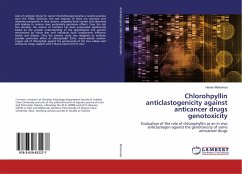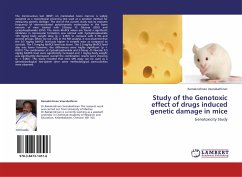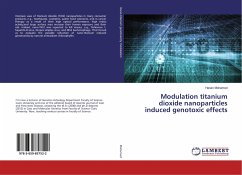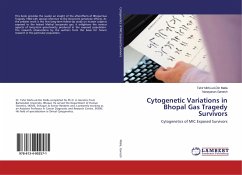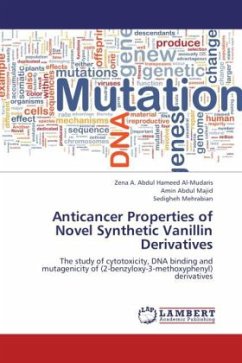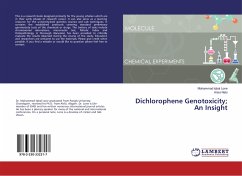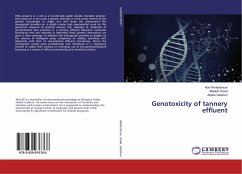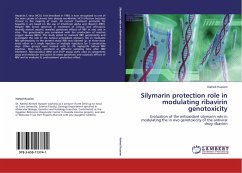Uses of cytotoxic drugs for cancer chemotherapy became a routine practice since the 1950s. However, the vast majority of them are cytotoxic and relatively nonspecific in their actions, targeting both normal and abnormal cells leading to various toxic particularly genotoxic effects. Over the last few decades, the science of nutrition has been progressed significantly based on the greater understanding of the physiological and genetic mechanisms by which diet and individual food components influence health and disease. Thus the present study was designed to evaluate possible protective effect of chlorophyllin (CHL), water-soluble sodium-copper salt of chlorophyll, against the genotoxicity of the two widely used anticancer drugs cisplatin and 5-fluorouracil (5-FU) in mice
Bitte wählen Sie Ihr Anliegen aus.
Rechnungen
Retourenschein anfordern
Bestellstatus
Storno

